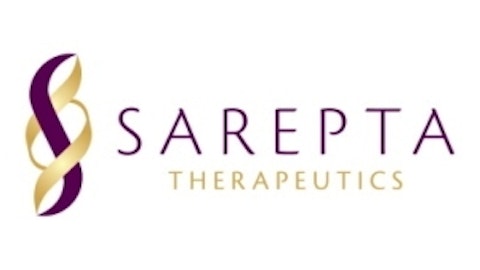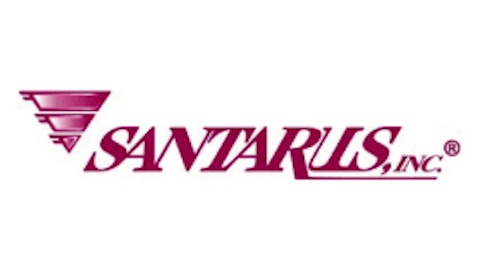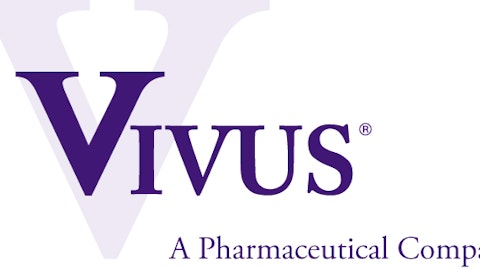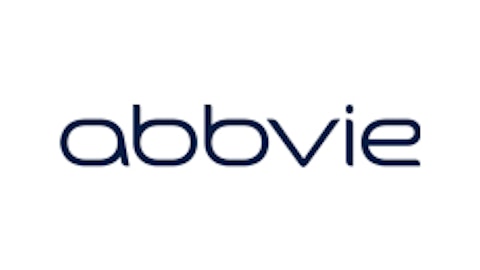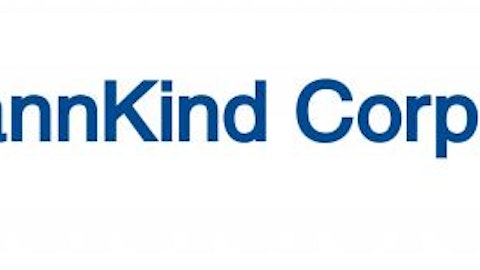To make a successful drug, it helps to have:
A large number of people with the disease.
A limited number of successful treatments.
You really don’t need both. There are enough people with rheumatoid arthritis or high cholesterol, for example, to have multiple blockbuster drugs that treat the diseases. On the other hand, orphan indications that have just a handful of patients can still produce blockbusters through high prices and lack of competition.
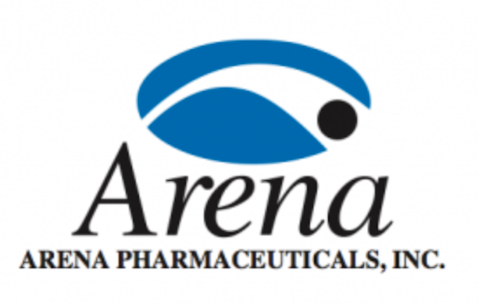
If you can find a market that has both, I recommend running away.
Not what you were expecting? Let me explain.
In theory, having both is obviously the ideal situation. In reality, the situation is inherently risky because there’s almost certainly a reason that a large number of people are going untreated.
Forget this super-high-reward, super-high-risk disease
Alzheimer’s disease is a perfect example. Given the large number people with Alzheimer’s, which will only increase as baby boomers get older, the potential market is huge.
Yet no one has been able to create an effective medication. It’s not as if they haven’t tried. The trash heap of Alzherimer’s disease drugs is pretty high.
Those that have gotten through aren’t all that effective at slowing down the disease progression, let alone stopping it.
The main problem seems to be a lack of understanding as to what causes the dementia seen in Alzheimer’s patients. The brains of patients contain amyloid plaques, but it isn’t clear if they’re the cause of the disease or if they’re just a byproduct.
Pfizer Inc. (NYSE:PFE), Johnson & Johnson (NYSE:JNJ) and Elan‘s bapineuzumab was designed to bind directly to the amyloid plaque, but it didn’t work, failing multiple phase 3 trials last year.
That hasn’t stopped others from trying to attack amyloid from different directions. Eli Lilly & Co. (NYSE:LLY)‘s solanezumab binds to the individual amyloid before they form plaques, while bapineuzumab was designed to bind to the plaques directly. And Merck is developing MK-8931, which inhibits an enzyme that creates the amyloid protein fragment that forms the plaques.
While I certainly hope they work — Alzheimer’s runs in my family — I can’t recommend investing in the companies for their Alzheimer’s programs. History isn’t on their side.
A third of Americans
The obesity market is so large that more than a third of Americans are eligible to take Arena Pharmaceuticals, Inc. (NASDAQ:ARNA)‘ Belviq and VIVUS, Inc. (NASDAQ:VVUS)‘ Qsymia. Yet few are. Sales of both drugs have been pitiful, registering just a few million each quarter in their early launches
The companies have a couple of challenges to convert potential patients into actual patients.
First, they’ve got to persuade insurers to pay for the drug. Both drugs are too expensive to expect patients to pay out of pocket. Arena Pharmaceuticals, Inc. (NASDAQ:ARNA) and VIVUS, Inc. (NASDAQ:VVUS) are making progress, but most Americans still don’t have prescription coverage for the drugs.
Second they have to convince doctors to prescribe the drug. With exercise and diet being relatively safe — sore muscles and shin splints aside — doctors are leery of prescribing obesity drugs, especially after many doctors jumped on the fen-phen bandwagon.
Both issues can be overcome, but it’s going to take time and I expect sales will remain lackluster for the immediate future.
Watch and wait for now
It’s easy to get excited by these large markets with unmet needs, but investors would be better off watching from the sidelines for now. Wait for the Alzheimer’s and obesity markets to work through their respective issues and then invest. You’ll likely miss some upside compared to jumping in now, but avoiding the downside makes it worth it.
The article 2 Lucrative Drug Markets You Should Avoid originally appeared on Fool.com and is written by Brian Orelli.
Fool contributor Brian Orelli has no position in any stocks mentioned. The Motley Fool recommends and owns shares of Johnson & Johnson.
Copyright © 1995 – 2013 The Motley Fool, LLC. All rights reserved. The Motley Fool has a disclosure policy.

